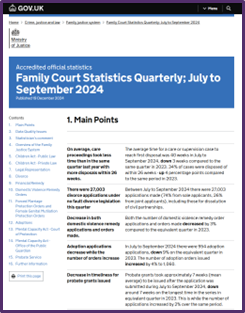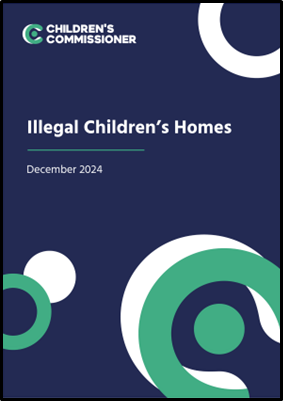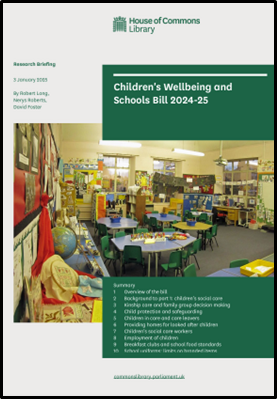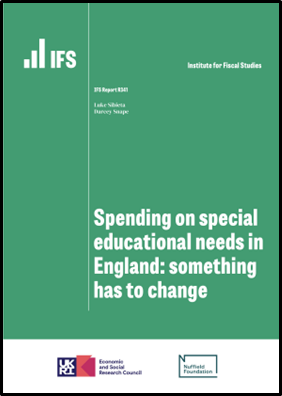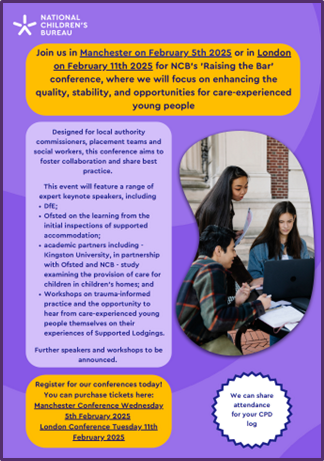Newsletters
Our Regional Improvement Plan can be found here
Our Impact Report published in March 2023 can be found here
If you would like to apply to be a SESLIP consultant, please follow this link to Kent Business Portal – KentBusinessPortal and after registering on the portal, search for Ref – SC240046 – SESLIP – DPS
Updates
Reminders From Previous Weeks
Tools & Templates
We have produced a Regional Improvement Plan (June 2024)
On 7 January LGA published a briefing on CWSBill
On 7 January Barnardo’s published a briefing
On 3 January the House of Commons Library published a Research Briefing on the bill
On 19 December MoJ published Family Court Statistics Quarterly; July to September 2024
On 18 December DfE published Children’s Wellbeing and Schools Bill Policy Summary Notes
On 17 December the government published the Children’s Wellbeing and Schools Bill
On 16 December the Children’s Commissioner published Illegal Children’s Homes
On 12 December the Centre for Young Lives published Too Skint for School
On 18 November DfE published Keeping Children Safe, Helping Families Thrive – breaking down barriers to opportunity
On 14 November DfE published Children looked after in England including adoptions 2023-2024
On 7 November Ofsted published Fostering in England 1 April 2023 to 31 March 2024
On 31 October DfE published Resources to support new agency social worker guidance and employer standards
On 31 October DfE published Children in need: 2023 to 2024
On 24 October NAO published Support for children and young people with special educational needs
On 23 October IFS published The effect of Sure Start on youth misbehaviour, crime and contacts with children’s social care
On 9 October the Centre of Expertise on Child Sexual Abuse launched its Data Insights Hub
On 8 October the Law Commission published a consultation on Disabled Children’s Social Care. The consultation is open until 20 January 2025
On 7 October Coram Voice published Disability, disparity and demand
On 4 October LGA published its school attendance support survey 2024
On 2 October, LGA published Listening and engaging with care experienced individuals: A good practice guide. Includes case studies from: Medway and West Sussex
On 18 September The Fostering Network published Out of Pocket: Fairer Fees for Foster Carers
On 16 September Ofsted published revised school inspection handbooks
On 12 September, Ofsted (and other inspection agencies) published Joint targeted area inspection of the multi-agency response to children who are victims of domestic abuse – GOV.UK (www.gov.uk)
On 12 September MoJ published a consultation on possible changes to the Health Education and Social Care Chamber Rules
On 10 September The Children’s Commissioner published Children Missing Education: The Unrolled Story
On 10 September DfE published Key stage 2 attainment for academic year 2023/24
On 4 September The Refugee and Migrant Children’s Consortium published a briefing on age disputes
On 3 September Ofsted published a detailed response to its ‘Big Listen’ consultation,
On 3 September Children at the Table published Struggling against the tide: children’s services spending 2022-2023
On 23 August Become published Still Too Far – Children in Care being moved miles from the people and places that matter to them


